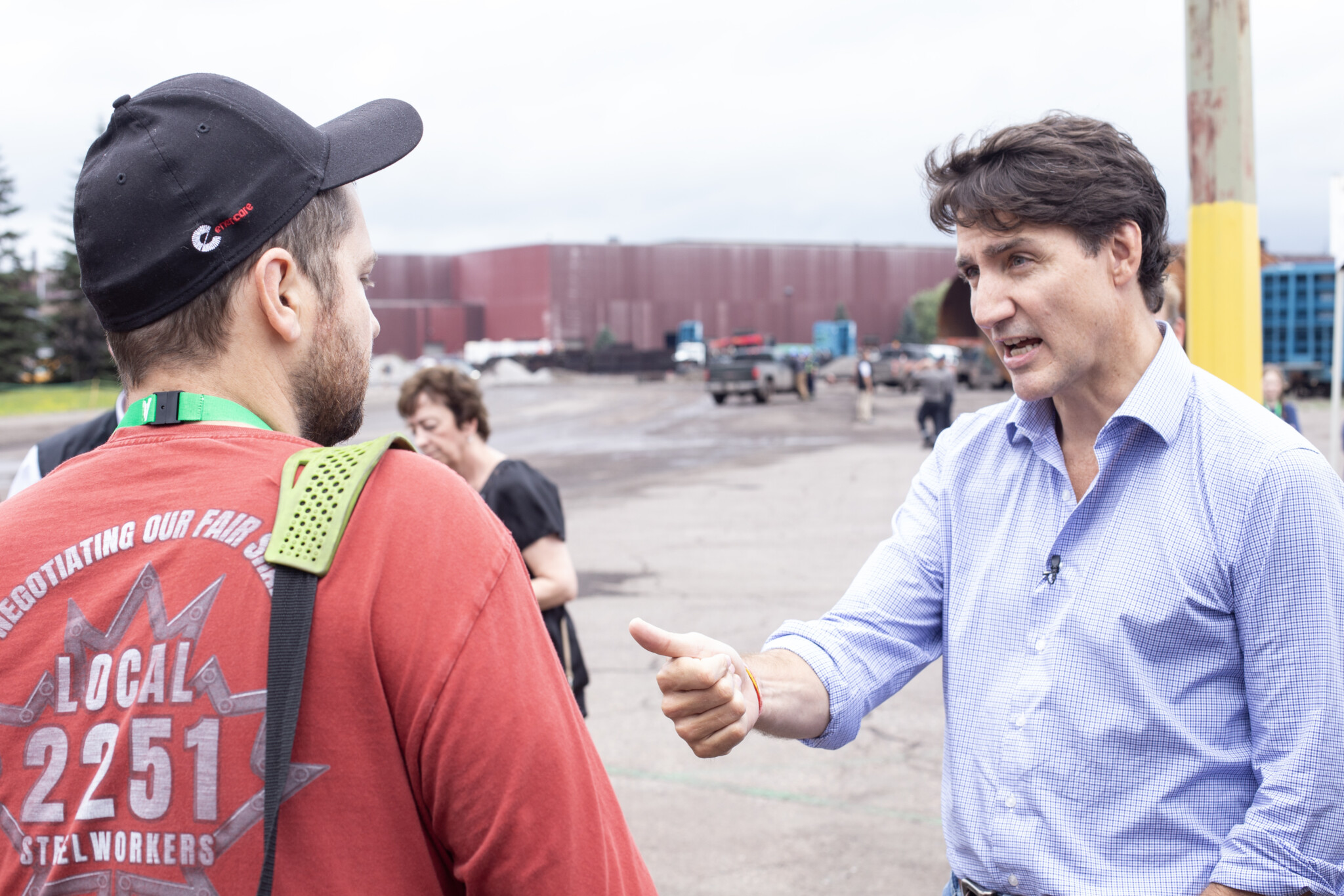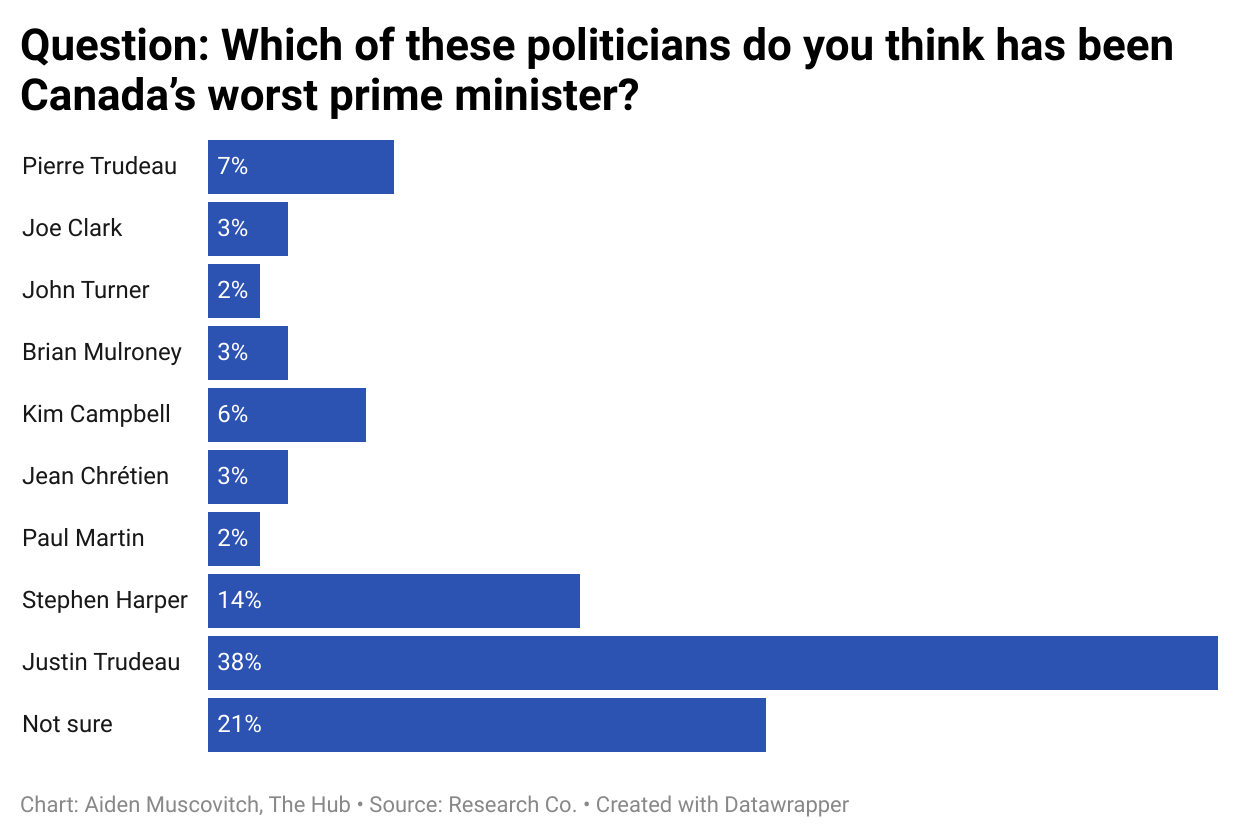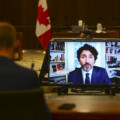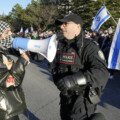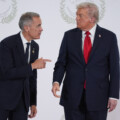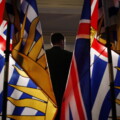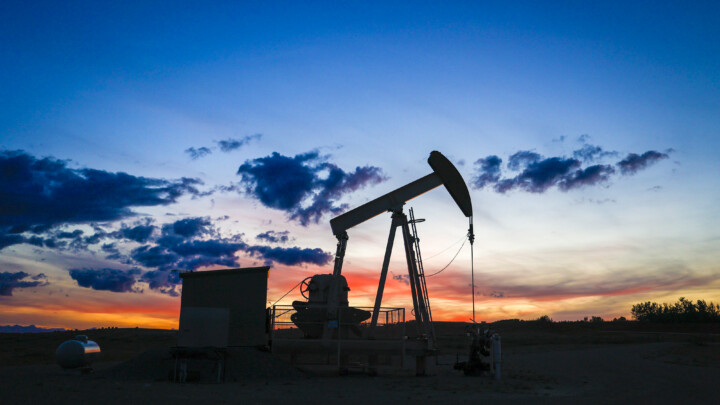This is The Week in Polling, your Saturday dose of interesting numbers from top pollsters in Canada and around the world, curated by The Hub. Here’s what we’re looking at this week.
Canadians think Justin Trudeau is the worst prime minister since 1968
When put up against all of the prime ministers since the start of his father, Pierre Elliot Trudeau’s, tenure in the late sixties, current prime minister Justin Trudeau was rated the worst by more than a third of Canadians. To add insult to injury, 14 percent of those who voted for Justin as the worst prime minister since 1968 are Liberal voters.

The best prime minister was found to be, funnily enough, the elder Trudeau, with 18 percent of the vote. Canada’s previous prime minister, Stephen Harper, trailed him by just two points.
